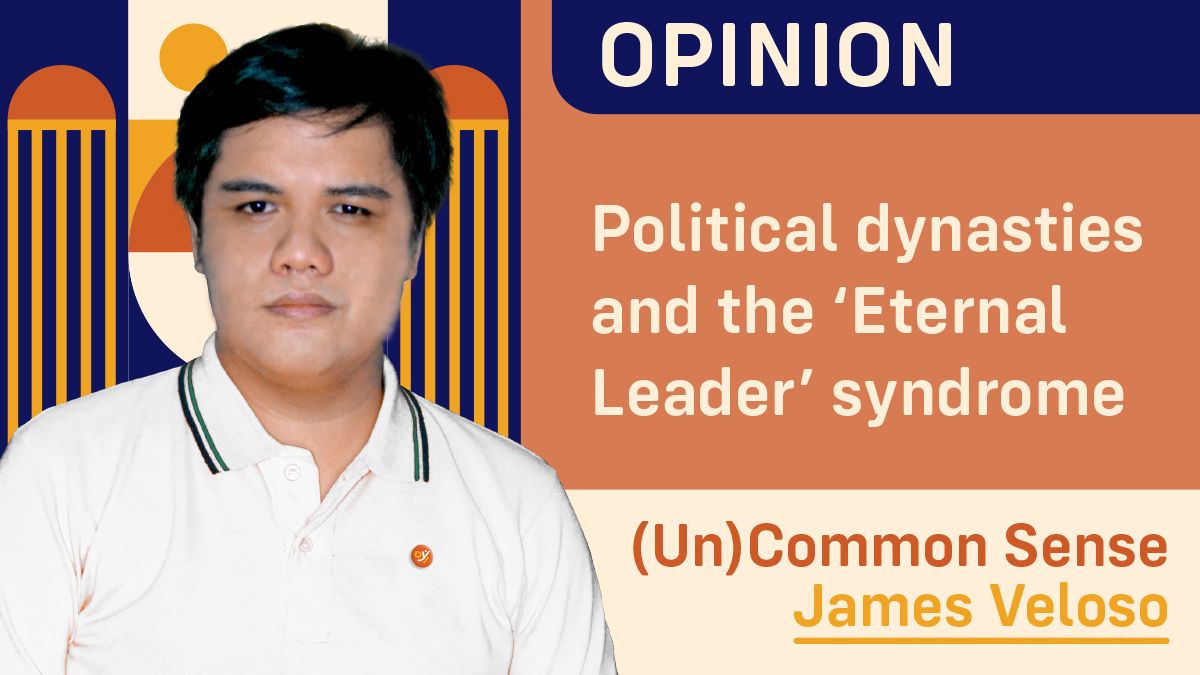I’ve always maintained on my social media posts that North Korea cannot be considered a pure socialist or even Communist country anymore. It has become a political dynasty that is just using Communism as an instrument to maintain its grip on power.
Unlike even Cuba, for instance, where Fidel Castro’s family has stepped back from the country’s political scene (in principle), North Korea for decades has been ruled by just one family – the Kims.
And in what was probably one of the most absurd moves to maintain their own myth that it was the Kims who created the current socio-political landscape of North Korea, the country now designates its late leaders, Kim Il-Sung and his son Kim Jong-il (the father of current leader Kim Jong-Un) as its “Eternal Leaders.”
Imagine that! A country calling itself a “democratic people’s republic” placing all its political, moral and even spiritual powers in one family! Sounds like an absolute monarchy, right?
-o0o-
Unfortunately, that’s exactly what’s happening now in the Philippines, even as it maintains (in principle) the tenet, as enshrined in the 1987 Constitution, that "sovereignty resides in the people and all government authority emanates from them."
Here are some damning statistics collated by the Philippine Center for Investigative Journalism (PCIJ): at least 113 – or 75 percent – out of 149 city mayors in the Philippines belong to political dynasties, while at least two dozen political dynasties are aiming for five to 11 seats after the May 2025 elections.
Over 80 percent of district seats in the House of Representatives are occupied by members of political dynasties, while party-list seats, supposed to be reserved for marginalized sectors, have not been spared of the "infection": 36 out of 54 party-list groups in the current Congress have at least one nominee belonging to a political family.
Unfortunately, the fact that political dynasties now account for over 70 to 80 percent of the country’s elected positions has proved to have long-lasting impacts not only on the economic sphere but also on the social sphere as well.
Let me elaborate a bit here. I’ve noticed that in most cities where political dynasties have ruled for decades, the residents tend to become less active in political affairs – less inclined to vote in the elections, less inclined to actively participate in government programs unless it’s “ayuda.”
Even the mentality of those living under these dynasties are affected. In time, they assume the thinking that this family, and this family alone, can save them from poverty. Never mind that political dynasties are actually pinpointed as one of the chief causes of poverty in the Philippines.
In time, political dynasties become more than masters of their own domains: they become “gods,” or “eternal leaders,” whom their adoring and worshipping fans look to not only for bread but for survival as well. And there you have it – an absolute monarchy hiding under the cloak of democracy and constitutional law!
#WeTakeAStand #OpinYon #OpinYonColumn #UnCommonSense #PoliticalDynasties
